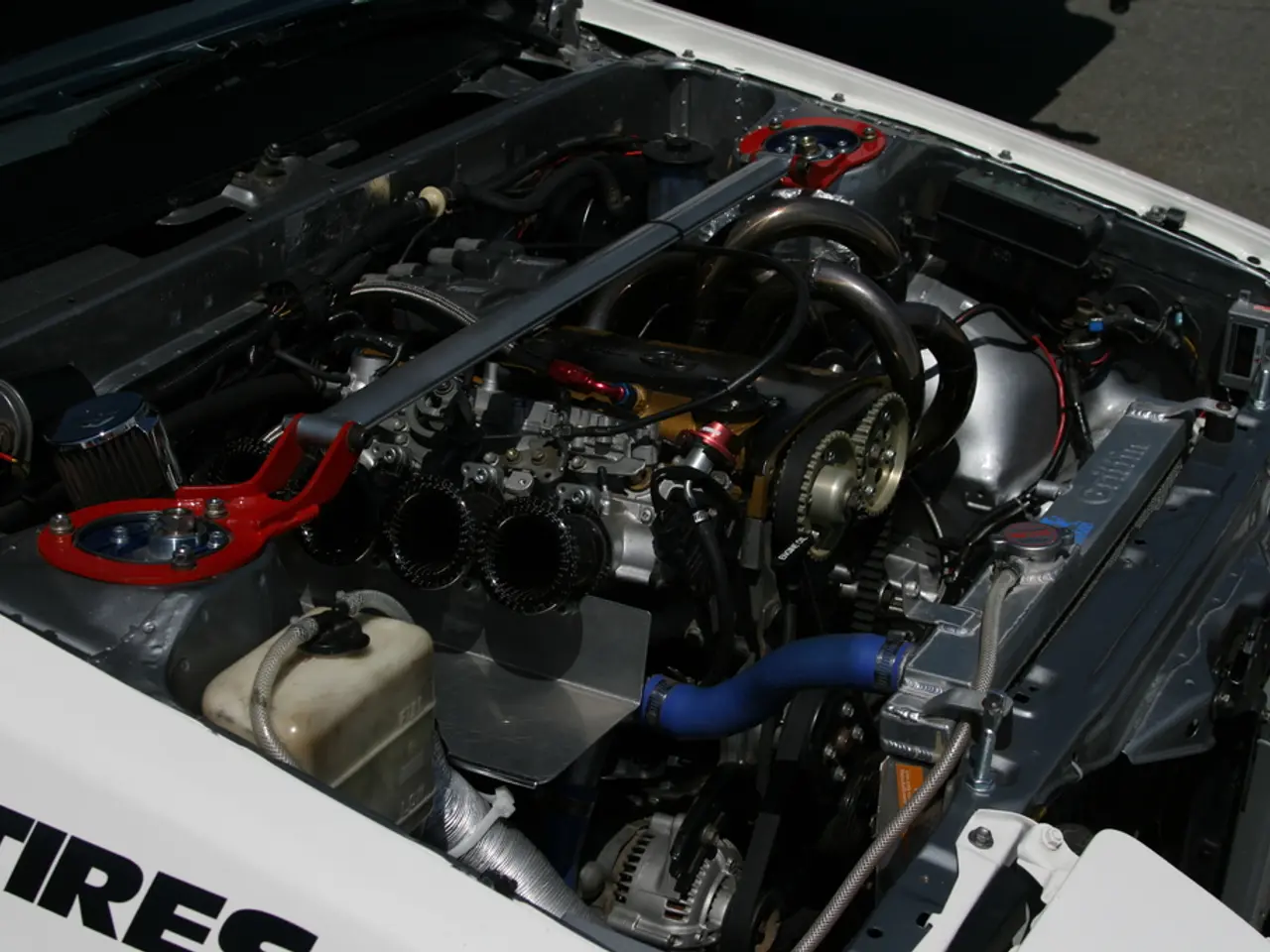Cookies employed by Autovista24 enhances your browsing experience
As of February 2025, China's battery-electric vehicle (BEV) and plug-in hybrid electric vehicle (PHEV) markets are experiencing rapid growth. According to recent data, plug-in vehicles account for 53% of overall new car sales, with BEVs representing about 32% and PHEVs 21%. This trend reflects a strong and continuing shift toward electrification in China, with expectations that plugin vehicles could reach 60% market share by the end of 2025 [1].
Market Expansion and Price Competition
Over the past year, the Chinese BEV and PHEV markets have seen significant growth. In January 2025 alone, over 660,000 BEVs and a significant number of PHEVs were sold, indicating fast year-over-year growth rates above 30% for both technologies [1][3]. This growth is accompanied by an ongoing EV price war, with average discounts on EVs around 10%, less than the 23% discounts typical for internal combustion engine cars, but signaling aggressive pricing strategies to capture market share [1].
Consumer Diversification
New EV models are finding success by appealing to a wider range of consumers. For example, Xiaomi’s YU7 sedan has rapidly become the best-selling BEV large sedan in China since its launch, outselling even the Tesla Model Y in some segments, especially among younger and female buyers [4].
Leading Brands
Despite rising competition, Tesla remains a top EV brand in China due to its strong reputation and brand loyalty. However, brands like Porsche and BMW are seeing sharp declines in China’s EV sales because of intensified competition from local players offering more affordable or appealing alternatives [4]. Xiaomi is emerging as a major new player, challenging Tesla and established premium German brands in the Chinese BEV market.
Notable Sales Figures
- The Luxeed R7 achieved 11,422 registrations in its second month on the market in January 2025.
- The Aito M9 saw a 498.4% increase in registrations year on year in January 2025, with 11,483 units registered.
- The BYD Song L recorded 11,000 deliveries in its seventh month on the market in January 2025.
- The BYD Han saw a 109.7% increase in registrations year on year in January 2025, with 11,000 units registered.
- The Wuling Mini saw a 60.6% increase in registrations year on year in January 2025, with 24,924 units registered.
- The Galaxy Starship 7 saw 20,328 deliveries in its first month on the market, accounting for 5.4% of the market.
- The Tesla Model Y saw a 14.1% drop in registrations year on year in January 2025, with 25,694 units delivered.
- The Aito M9 came to the market in December 2023 and was still ramping up in January of last year.
- BYD lost the top spot in the PHEV market in January 2025 to the Galaxy Starship 7.
- The Geely Geome Xingyuan secured 6.6% of China's total BEV volume in January 2025.
- The Geely Geome Xingyuan was the BEV market leader in January 2025, with 28,146 registrations.
- Despite leading the PHEV chart in 2024, the BYD Song Plus saw a 29.8% drop in registrations year on year in January 2025.
In summary, the dominant trends in China's BEV and PHEV markets are strong growth, price competition, and shifting buyer demographics. Xiaomi is emerging as a major new player, challenging Tesla and established premium German brands in the Chinese BEV market. The total EV market in China remains the world’s largest, accounting for over half of global EV sales so far in 2025 [2][3].
[1] EV Volumes. (2025). China EV Sales Data. Retrieved from https://www.ev-volumes.com/china/ [2] InsideEVs. (2025). Plug-in Electric Vehicle Sales in China. Retrieved from https://insideevs.com/news/519923/plug-in-electric-vehicle-sales-china-january-2025/ [3] S&P Global Mobility. (2025). China EV Sales: January 2025. Retrieved from https://www.spglobal.com/mobility/en/market-insights/latest/china-ev-sales-january-2025 [4] TechCrunch. (2025). Xiaomi is now China's top-selling electric vehicle brand. Retrieved from https://techcrunch.com/2025/03/01/xiaomi-is-now-chinas-top-selling-electric-vehicle-brand/
- The growth and competition in China's electric-vehicle (EV) market are not limited to Tesla as brands like Xiaomi, with their affordable and appealing models, are becoming major players, challenging even established premium brands.
- As the lifestyle trend shifts towards environmentally-friendly choices, technology advancements continue to spur the growth of the EV market in China, with strategies like aggressive pricing and targeting a wider demographic becoming crucial factors in the market.




